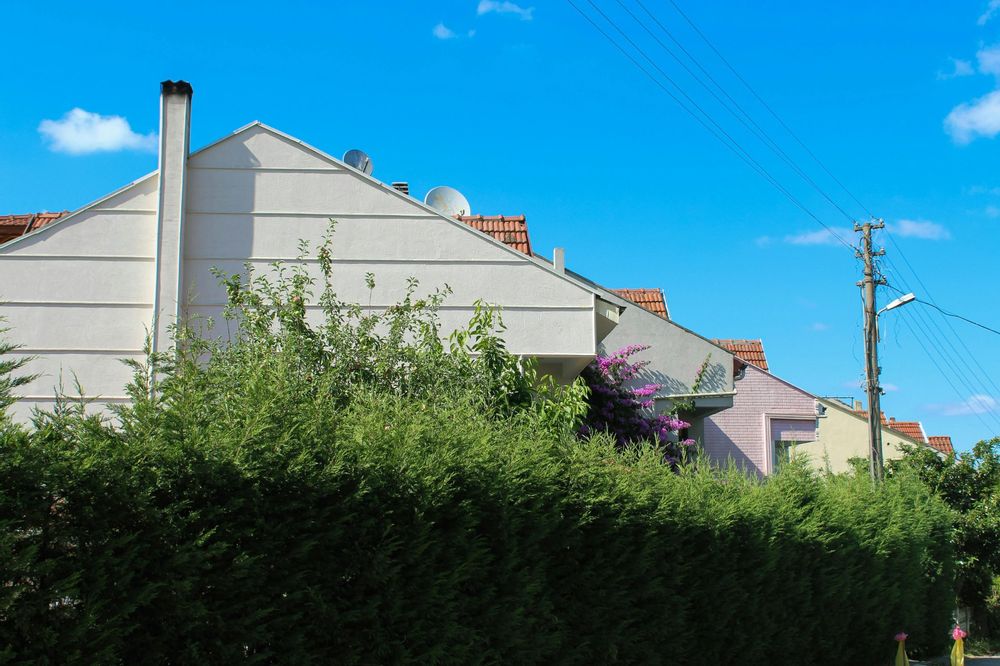Property prices across South Africa have been steadily climbing, and recent data from 2024 shows that the dream of owning a home is becoming more difficult for many South Africans.
Despite property price growth falling below inflation, potential homeowners still need to earn over R8,000 more than the national average salary to afford a typical house.
The rising cost of homes is outpacing salary growth, putting further pressure on individuals looking to enter the property market.
StatsSA’s latest Residential Property Price Index (RPPI) for the first quarter of 2024 indicates that residential property prices have surged by 23.8% over the past five years. However, price increases have not been consistent nationwide, with certain provinces seeing much higher growth compared to others.
The RPPI monitors changes in the prices of various residential property types, including houses, townhouses, and apartments, all purchased by private buyers. The data comes from property transactions registered with the Office of the Chief Registrar of Deeds. The RPPI not only gives a broad national picture of property price trends but also breaks the data down by province and metropolitan area.
From 2019 to 2024, the national average property price grew by 23.8%, equating to an annual increase of 4.8%. The Western Cape led the growth, with a staggering 35.5% rise over this period. In contrast, the Northern Cape recorded the slowest increase at just 0.9%, while Gauteng saw a 16.4% increase, falling below the national average.
Real Property Value vs. Inflation
Simply looking at property price growth doesn’t tell the whole story. When adjusted for inflation, property values across South Africa have actually dropped by 3.9% over the past five years. Inflation during this period was recorded at 27.7%, meaning that in real terms, most provinces have seen property values decline.
The Western Cape was the only province to experience a meaningful rise in property values after accounting for inflation, with an increase of 7.8%. On the other hand, provinces like Mpumalanga have seen stagnant growth since 2019, while others have experienced a decline in real property value.
Despite the inflation-adjusted losses, purchasing a home in South Africa still requires a salary higher than the national average, making it difficult for many to enter the property market.
What You Need to Earn to Afford a Home
Richard Gray, CEO of Harcourts South Africa, notes that banks typically prefer to lend to buyers whose monthly bond repayments do not exceed 30% of their gross monthly income. This guideline helps ensure that buyers can manage their repayments without affecting their overall financial well-being.
Sticking to this 30% rule also leaves room for additional payments that could reduce the overall cost of the home loan over time.
Based on this guideline, BusinessTech calculated the monthly salary required to afford the average home price in each province. These calculations assume a 20-year home loan at an interest rate of 11.75%, using Absa’s bond calculator. The property price data was sourced from Property24, which compiled information from over 190,000 property sales recorded by the deeds office in 2024.
The national average price for a home in South Africa is R972,200. To afford a house at this price, an individual or household would need to earn roughly R35,120 per month. Unfortunately, this is R8,329 higher than the current average salary of R26,791 earned by formally employed non-agricultural workers in the country.
This gap exists across all provinces. Even in the Free State, which has the lowest average house price (R800,000), you would still need to earn R28,900 per month, which exceeds the average national salary.
From there, the salary requirement only increases, with the Western Cape being the most expensive province. The average house price in the Western Cape is R1.6 million, and to afford this, a salary of just over R58,000 per month is required—nearly double what is needed in other provinces.
How Do the Provinces Compare?
Below is a breakdown of the average house price and the salary needed to afford it across South Africa’s provinces:
| Province | No. of Sales | Average House Price | Salary Needed (per month) |
|---|---|---|---|
| Eastern Cape | 13,764 | R860,000 | R31,100 |
| Free State | 7,497 | R800,000 | R28,900 |
| Gauteng | 71,499 | R900,000 | R32,510 |
| KwaZulu-Natal | 22,287 | R1,050,000 | R38,000 |
| Limpopo | 5,261 | R940,000 | R34,000 |
| Mpumalanga | 7,023 | R950,000 | R34,300 |
| Northern Cape | 3,157 | R840,000 | R30,300 |
| North West | 8,182 | R800,000 | R28,900 |
| Western Cape | 51,414 | R1,610,000 | R58,200 |
| National Average | 190,084 | R972,200 | R35,120 |
In summary, homeownership in South Africa is increasingly out of reach for many due to rising property prices and relatively slow income growth. As housing prices continue to climb, prospective homeowners must ensure their earnings are sufficient to cover bond repayments while maintaining their overall financial stability.
READ NEXT: Potential Relief for South African Homeowners as Interest Rates Set to Drop


